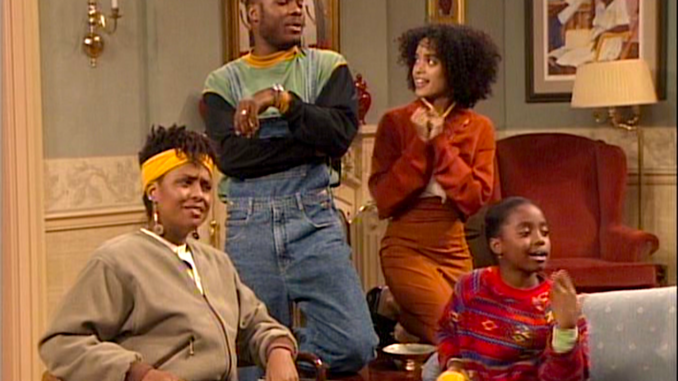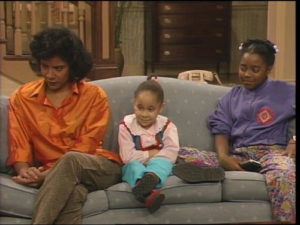
When The Cosby Show first premiered in 1984, television was in a state of evolution. It was an era where most American sitcoms were dominated by white, middle-class families, and characters of color were often relegated to stereotypical roles. Enter the Huxtables—an upper-middle-class Black family led by Dr. Heathcliff Huxtable (Bill Cosby) and his wife, Clair (Phylicia Rashad). With its groundbreaking portrayal of a loving, successful Black family, The Cosby Show quickly became a cultural milestone that would reshape the landscape of television forever.
Breaking Barriers in the 1980s
In a decade that saw major shifts in culture, The Cosby Show was a rare gem. The show presented a Black family living in a Brooklyn brownstone, where both parents were highly educated professionals—Heathcliff was a respected obstetrician, and Clair was a successful lawyer. This depiction was revolutionary for its time. The Huxtables were not just a “Black family” on TV; they were a reflection of the diversity of Black life that had often been ignored in mainstream media.
What made the show particularly powerful was its ability to blend humor with meaningful commentary on race and class. Through the show’s positive portrayal of Black success, it sent a message that resonated deeply with African American viewers. For the first time, Black families saw themselves not just in roles of domestic workers or side characters, but in positions of power, education, and stability.

The Power of Positive Representation
One of the most enduring impacts of The Cosby Show was its ability to challenge negative stereotypes. In a period when media often depicted Black characters as poor, troubled, or one-dimensional, the Huxtables stood as a beacon of success and sophistication. The show wasn’t just about being rich—it was about valuing education, family, and perseverance. By showcasing characters who were not only educated but also loving and deeply committed to one another, The Cosby Show demonstrated that Black excellence was not an anomaly but a reality for millions.
Moreover, the family dynamic portrayed on the show wasn’t just a platform for comedy—it was a space for discussion. Issues like parenting, sibling rivalry, dating, and career aspirations were explored with sensitivity, yet humor, offering a mirror to real-life struggles while providing viewers with solutions wrapped in laughter.
Encouraging Dialogue: Why The Cosby Show Matters Today
In today’s television landscape, where Black representation has made significant strides, it’s easy to forget just how transformative The Cosby Show was. But it remains a touchstone in the ongoing conversation about diversity in media. In light of recent debates about the portrayal of Black families and the continuing struggles for racial equality, The Cosby Show serves as a reminder of the power that positive representation can have.
As we look back, what do you think the legacy of The Cosby Show means for modern-day television? Do you think there are still barriers to break in terms of Black representation on TV? Share your thoughts and let’s continue this conversation.
